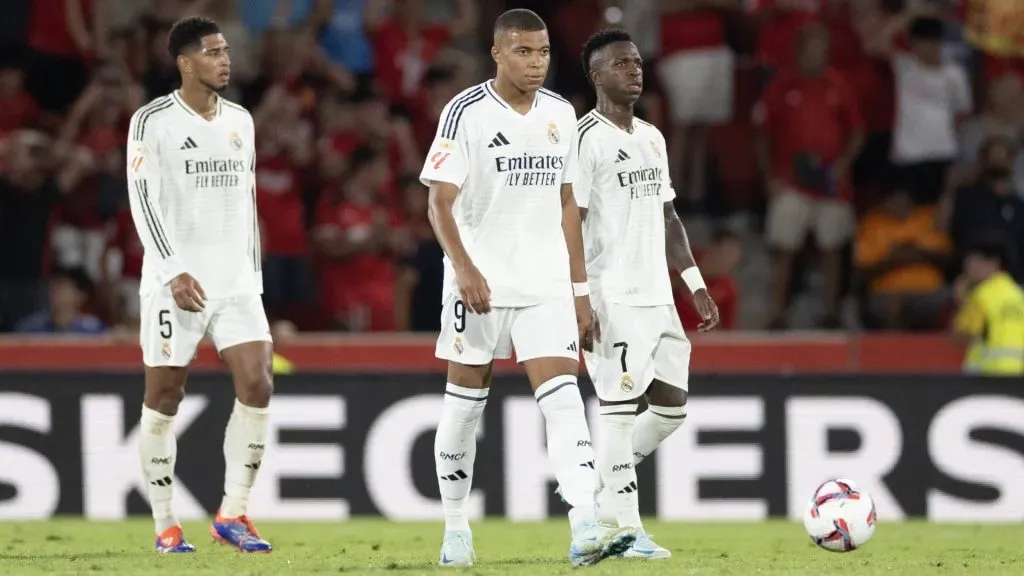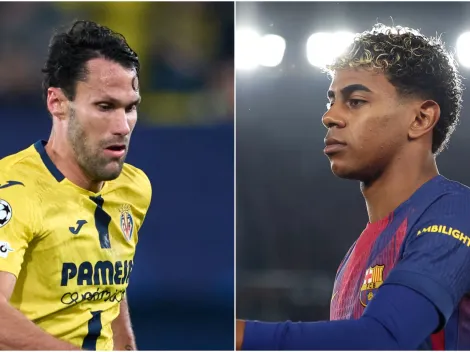Real Madrid kicked off their LaLiga title defense with a disappointing 1-1 draw against Mallorca. Despite having a powerful attack led by Kylian Mbappe, Vinicius Jr., Rodrygo and Jude Bellingham, the white team showed difficulties in generating danger and creating chances.
The lack of understanding between the four attackers was evident during the match. The players constantly looked for the same spaces, which made Mallorca’s defensive task easier. In addition, the absence of Toni Kroos in midfield was felt, as the team lacked the precision and distribution of the ball that the German provided.
Jude Bellingham, the young star signing, did not hesitate to express his frustration with his attacking teammates. The Englishman, known for his strong character, showed his leadership by demanding more participation and definition in the opponent’s area. His words reflect the need to improve communication and coordination between Real Madrid‘s attacking players.
What did Jude Bellingham say to Mbappe, Rodrygo and Vinicius?
England midfielder Jude Bellingham couldn’t hide his frustration with the score. “You three, you need to finish the attack, because the running back… is f****** hard,” Bellingham appeared to say in the tunnel, before instructing Mbappe, Rodrygo, and Vinicius to make space and shoot, rather than looking for an extra pass around the penalty area.

A tactical challenge for Ancelotti
Carlo Ancelotti faces the challenge of finding the right formula to make the most of his team’s offensive potential. The coexistence of four stars in the same attack requires careful planning and tactical adjustments.
The Italian coach will have to work on the distribution of roles and responsibilities among the players, looking to find the right spaces for each one. In addition, they will have to strengthen collective play and the generation of scoring opportunities.
Real Madrid is still adapting, which is important to note. The addition of Kylian Mbappe to the team has created new tactical challenges, and the team requires time to discover its optimal form.





